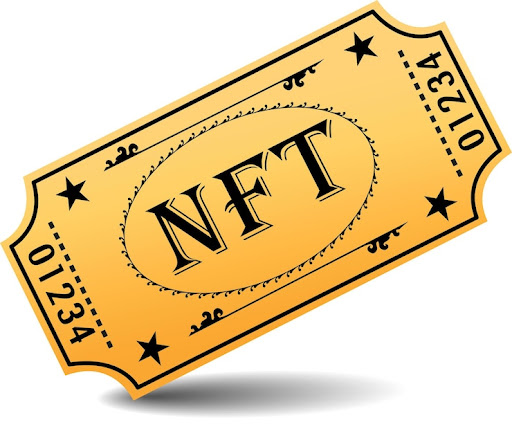Have you ever lovingly stored away the ticket stub to a movie you waited ages to see? But how permanent can a tiny piece of paper be? It can be easily lost or damaged, never to be seen again. We like to connect with the entertainment we consume; many times, tickets help us do that. But when they are perishable, they can sometimes be a liability.
Enter: NFT tickets. NFTs have a plethora of use cases. From classrooms to NFT sports marketplaces, NFTs are being applied in several industries. And the ticketing industry is no exception. So how do ticketing NFTs work and how are they different from e-tickets? Read on to find out.
Why Ticketing NFTs work
Traditional tickets, despite being nostalgic, have several disadvantages. For one, they can be very easily forged. QR codes, too, have the same problem. Then, you have the issue of black marketing where tickets are sold on a secondary marketplace for a much higher price than they are worth. Very often, the buyer may not even know if the ticket they’re purchasing is the real deal.
With NFT ticketing, these issues are all solved. Smart contracts can help organizers verify the authenticity of each ticket. Further, the overall costs and time taken to mint NFT tickets are much less than traditional ticketing. Most importantly, they are extremely secure and help prevent fraud and scams.
And, of course, they bring more fans to events and give artists a chance to connect more deeply with their well-wishers. With NFTs, artists can confer access to exclusive events, merchandise, and more. And well, it doesn’t hurt that they have great collectible value!
Final Thoughts
It’s no secret that NFTs have a wide variety of uses. And one of the most revolutionary applications is in the ticketing industry. With all the benefits they bring to the table, event organization may just get a makeover. Ticketing NFTs are already being used in music and sporting events with much success. It is only a matter of time before they become the norm.





Comments